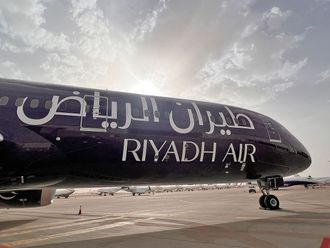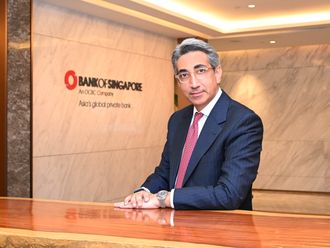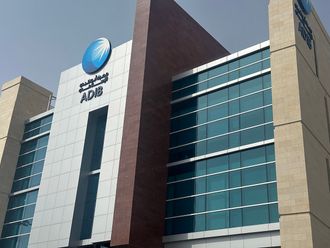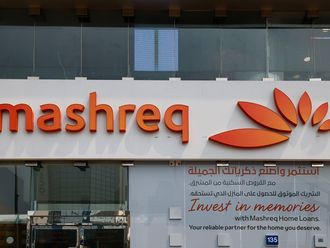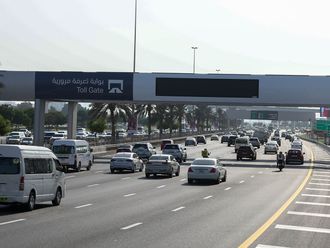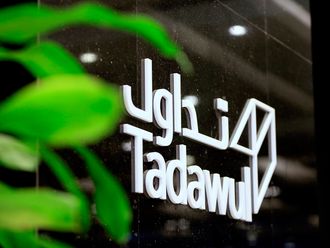In this final part of a review of an article on Islamic finance that appeared in a local newspaper, we will discuss some other misconceptions that appeared in the piece.
The example of Bahrain Petroleum Corporation (Bapco) has been cited in the article stating that in this "loan structure" it receives the lease payment for its property from its banks that it will sell to them and then lease it back.
No doubt the example picked by the writer is relevant and recent. The common reader, however, is likely to be misled into thinking that it was a loan structure, similar to any conventional lending transaction, which it clearly is not.
Secondly, stating that Bapco received the lease payment from the Islamic banks is also not quite correct.
The amount received by Bapco is simply the sale proceeds of its existing assets to the Islamic banks. Furthermore, the lease payment is received by the lessor from the lessee and hence Bapco will not be receiving but will be paying the lease rent.
The basic Sharia principle is that one cannot lease something that one does not own. The same is the case under common law. As such, it is necessary for the Islamic banks to first purchase the assets from Bapco to be able to acquire legal title and possession and then lease the same to Bapco. Therefore, it is necessary for the sale of assets to be completed prior to leasing.
Important point
An important point worth noting in this Sharia-compliant transaction is that a large industrial set-up was able to secure much needed liquidity for its expansion plan by simply selling its existing assets rather than piling up more interest-based debts.
I would also like to comment on the amount of $300 billion, quoted by the writer as being the total assets managed by Islamic financial institutions (IFIs) worldwide.
Though there is no established data-base on IFIs, the figure is certainly outdated. According to a careful estimate, the present size of the assets under the management of IFIs globally should be in the region of $700 billion.
As the popularity of Islamic financing principles and mechanisms is growing fast and as more Western governments are taking a conscious decision to promote these, the day is not far off when this figure will cross the coveted trillion dollar mark.
In this connection, the recent successful adoption of the Sukuk (Islamic bonds) route by a local government in Germany and the issuance of Europe's first Islamic banking licence by Britain are two prominent indications of the much wider acceptability and stronger growth of the Islamic financing sector.
In Germany, the eastern state of Saxony-Anhalt launched Europe's first Sukuk for 100 million euros (about Dh450 million) last month. The Sukuk is based on a sale and lease back scheme under which the German state transferred the rights on certain state properties to a Dutch foundation (trustee).
The trustee will receive rent from the properties instead of interest that will be distributed to the Sukuk investors. Saxony-Anhalt, being the lessee, will have the right to buy back the properties upon completion of the five-year lease term.
Sharia-compliant products
On the other hand, this month, the Financial Services Authority (FSA) of Britain granted the UK's and Europe's first Islamic banking licence to the Islamic Bank of Britain.
The licence will authorise the bank to accept and deploy funds from its customers based on Sharia principles. The bank is planning to open its first branch in London this quarter.
The FSA approval certainly marks the beginning of the launch of fully regulated Sharia-compliant products for the Muslim community in Britain and will encourage the issuance of similar approvals by the financial regulatory authorities of the other European countries.
The writer is vice-president, Sharia structuring, documentation and product development, Dubai Islamic Bank.
Islamic financial industry is gaining popularity in the West
Islamic financial industry is gaining popularity in the West


